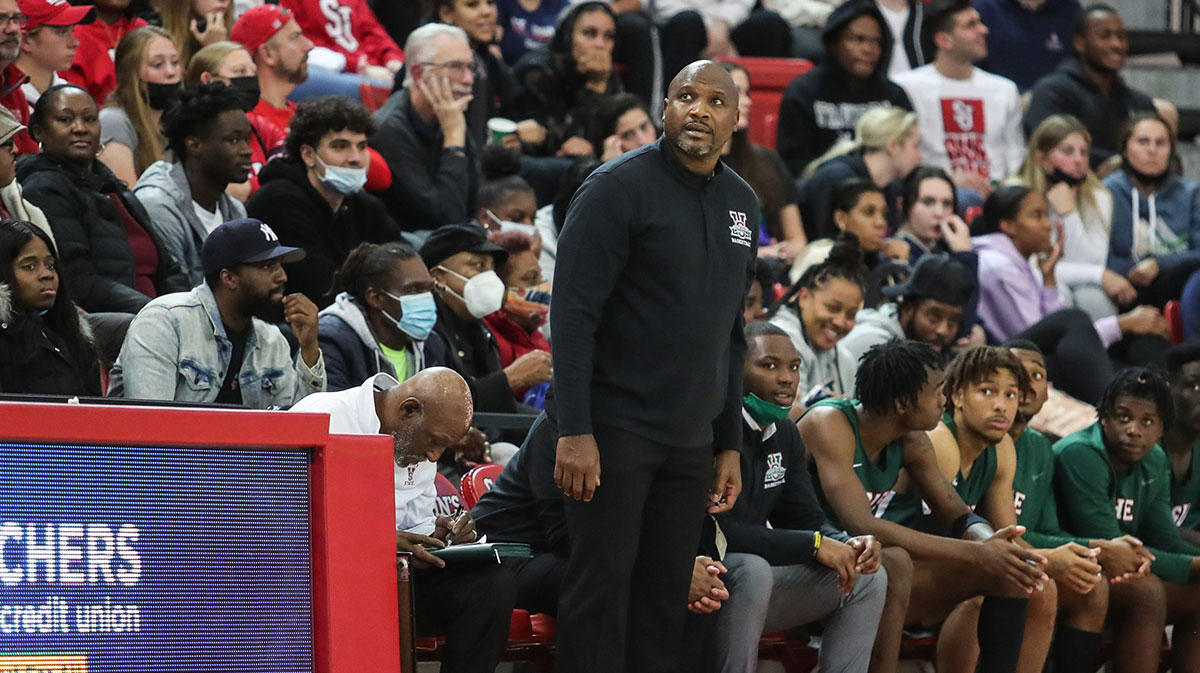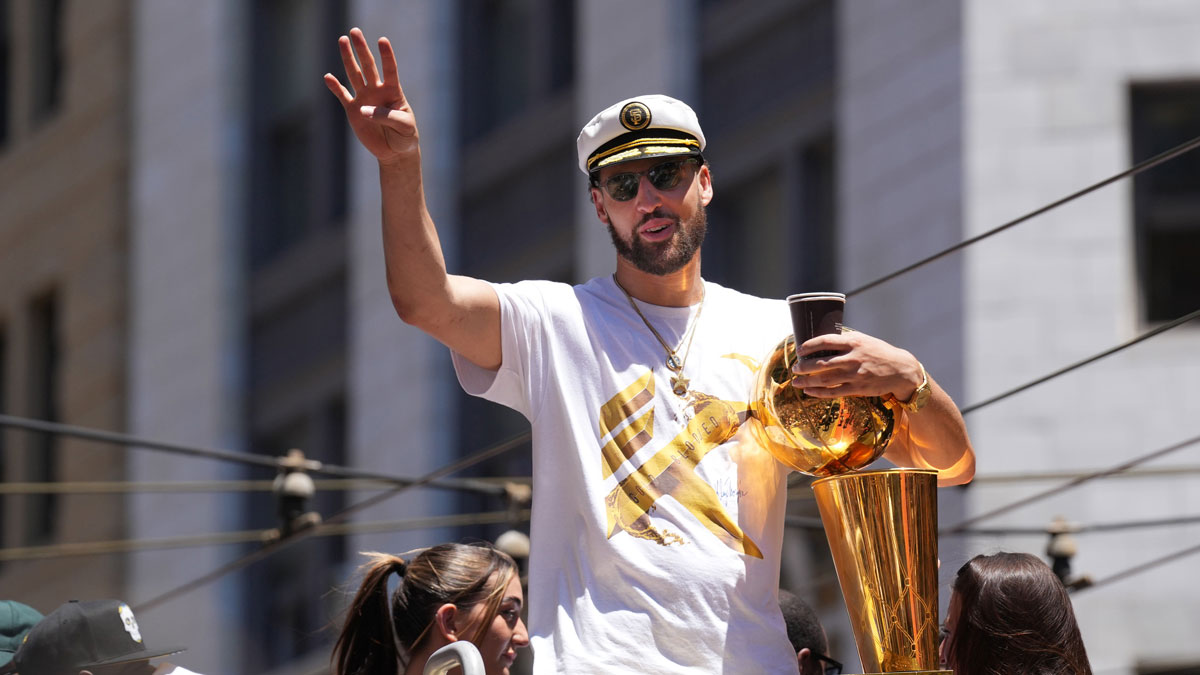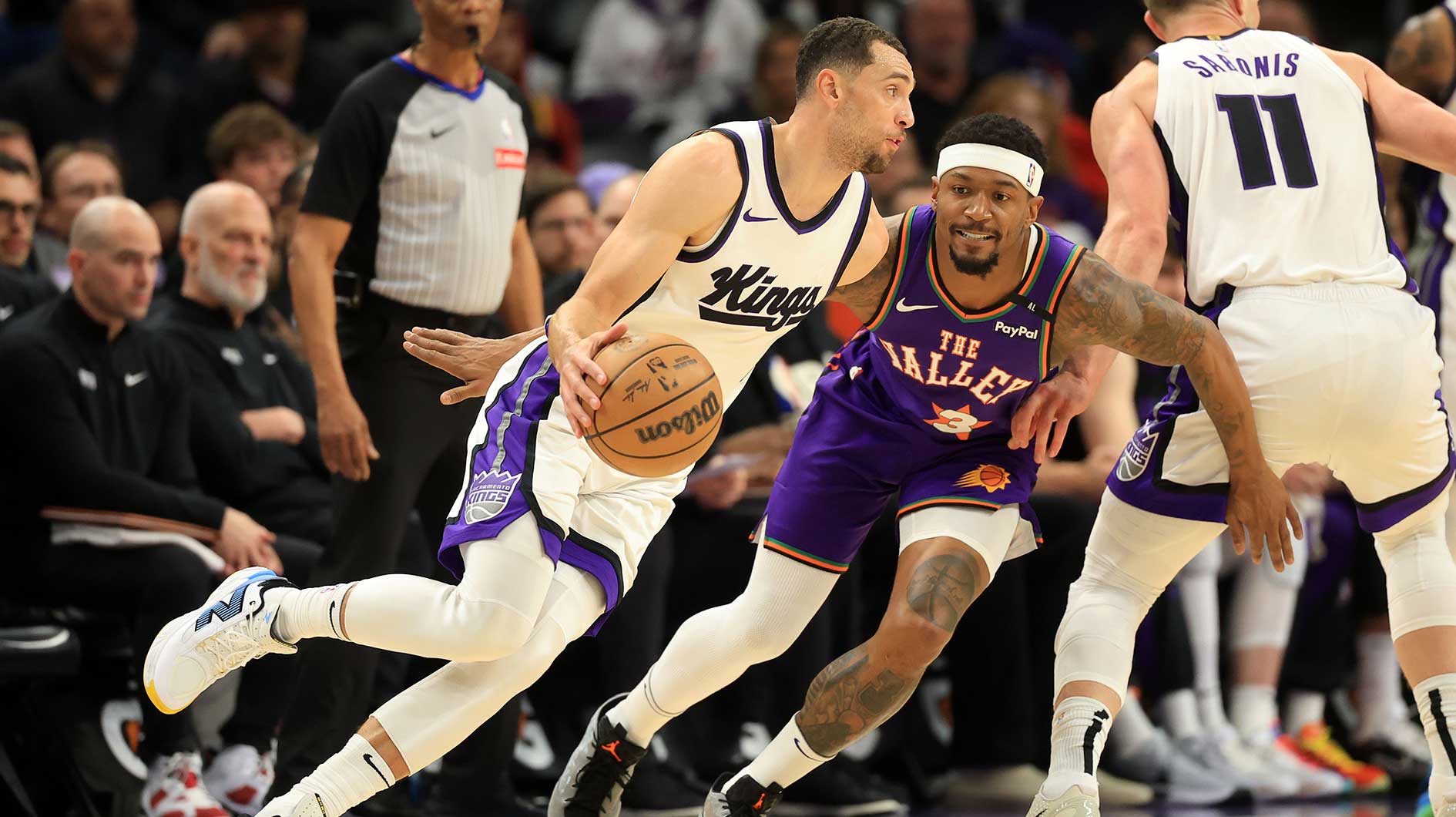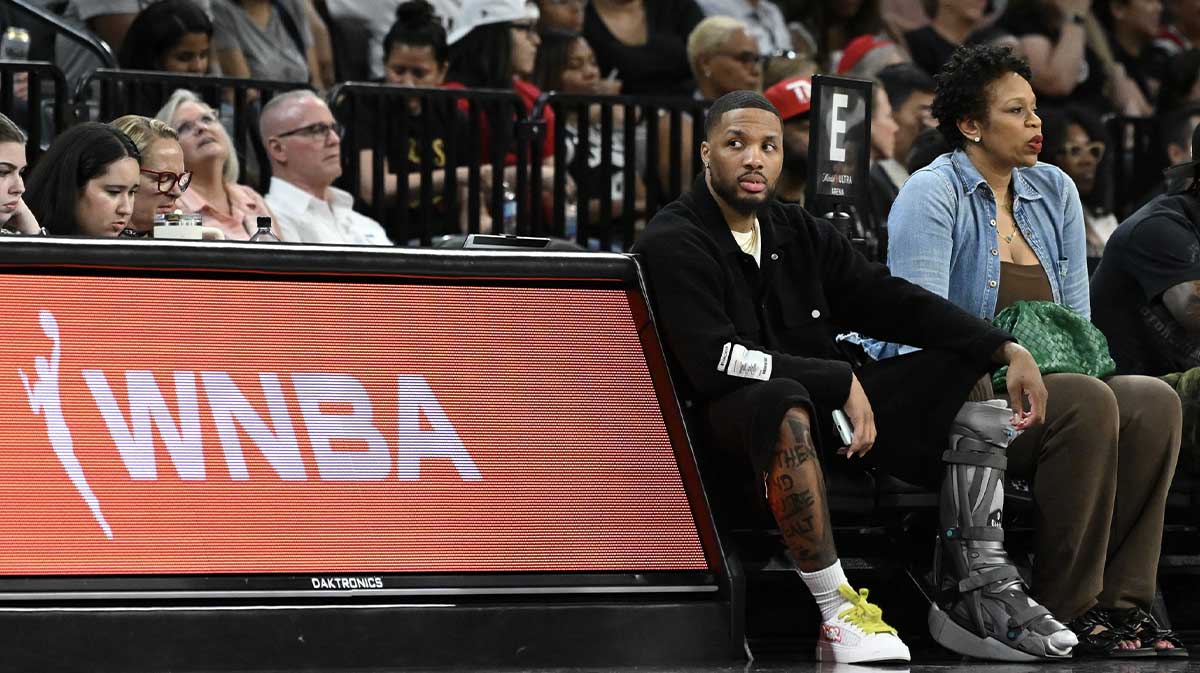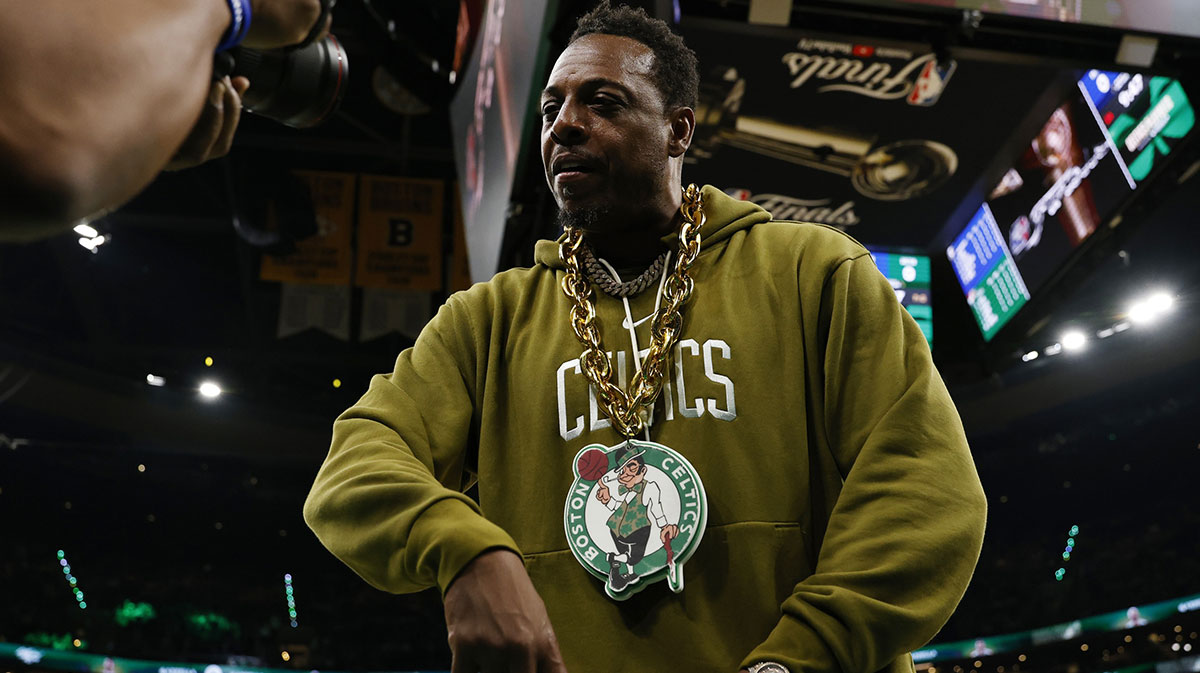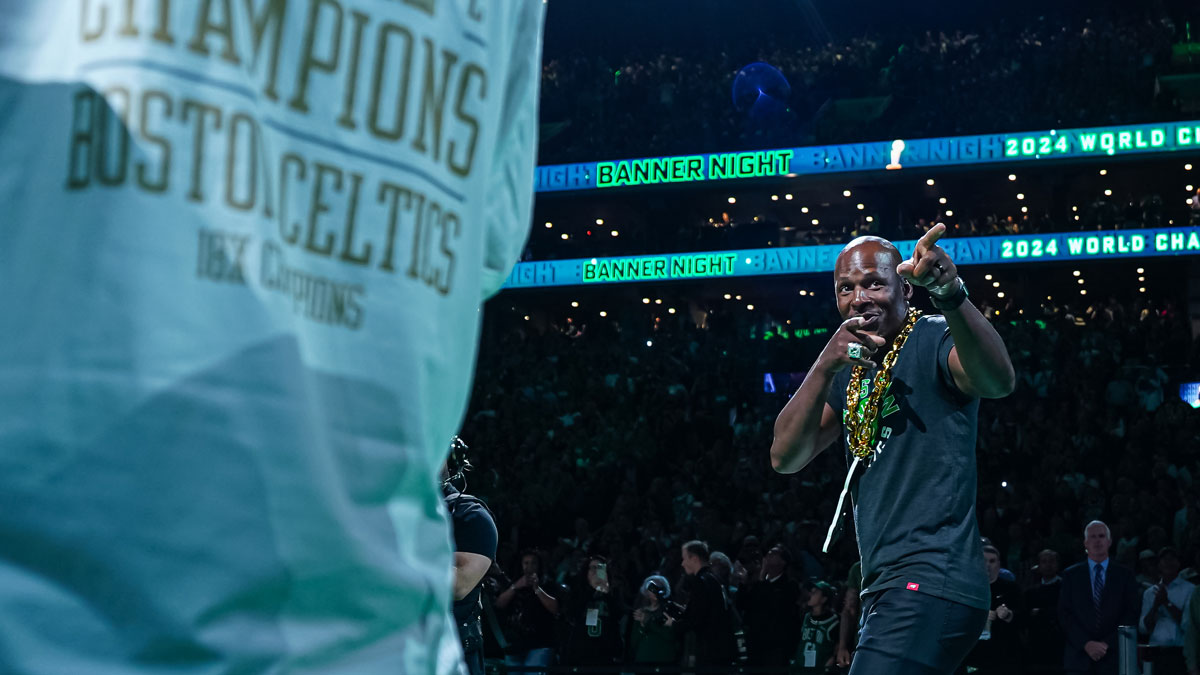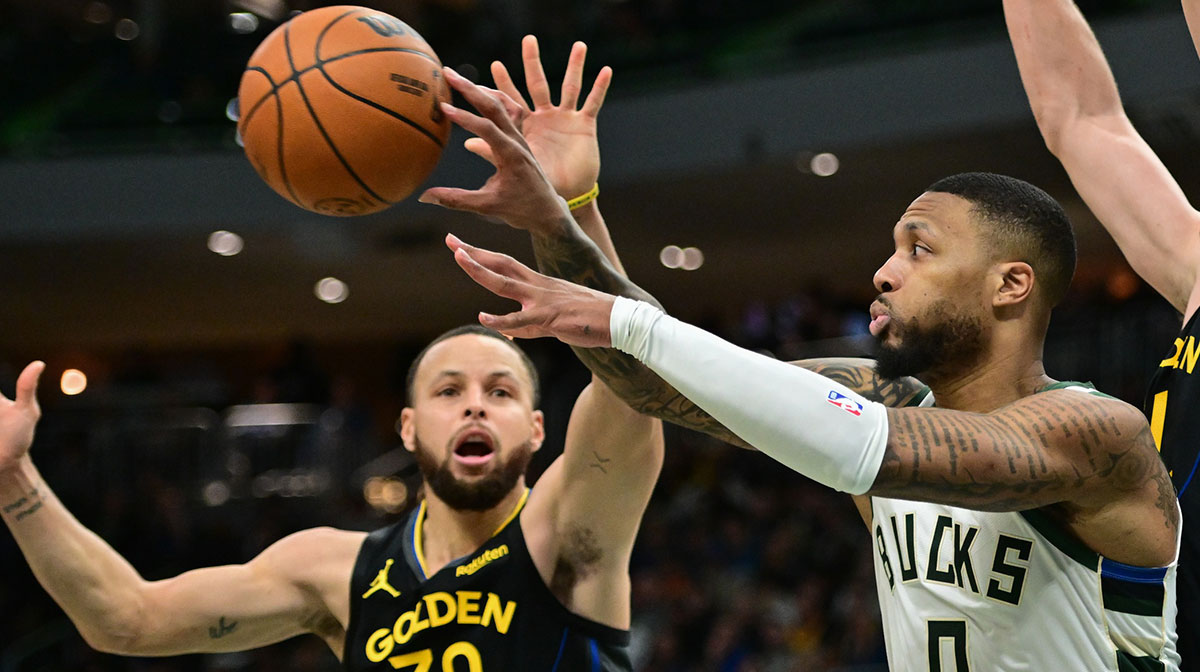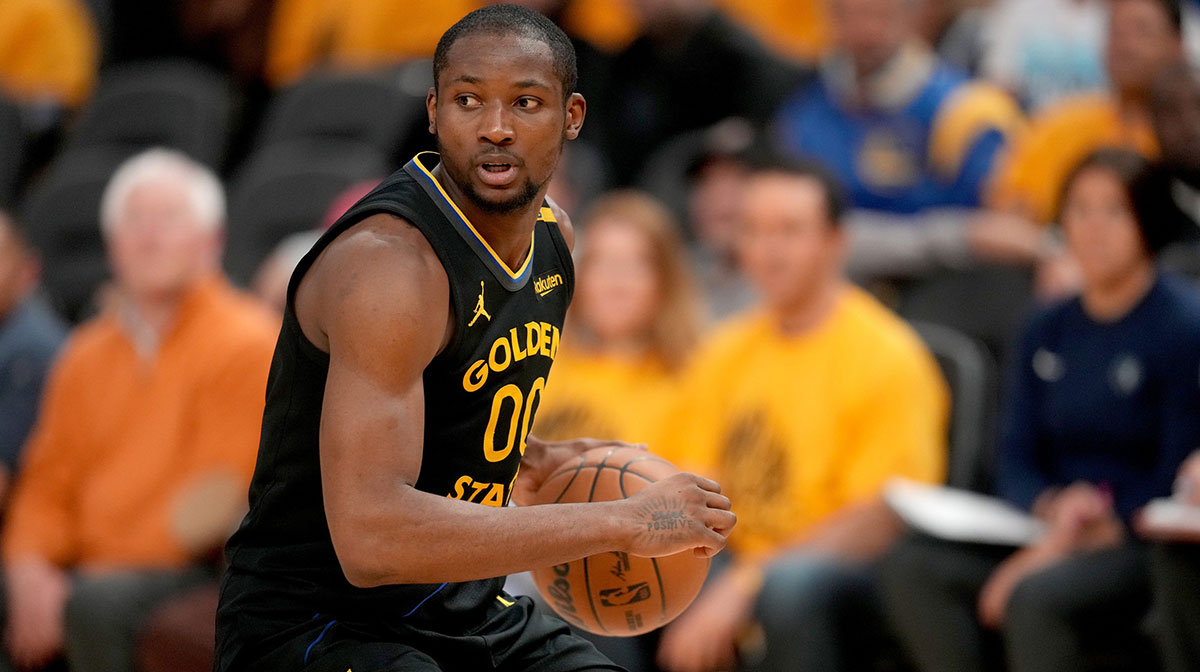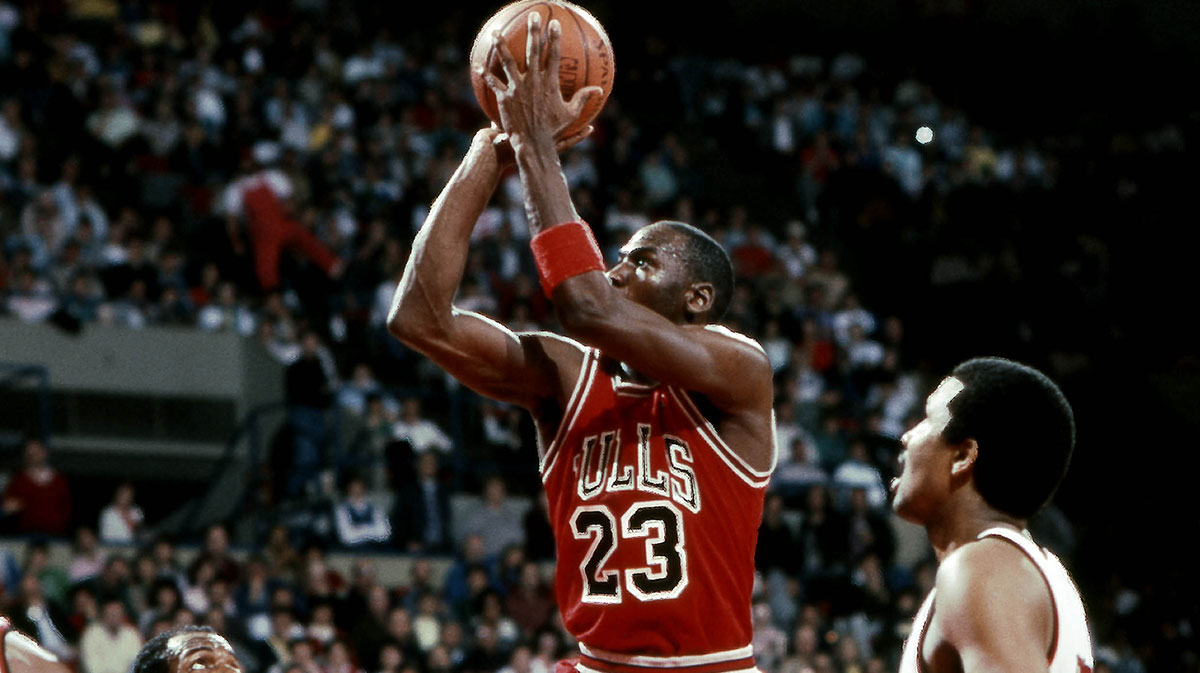Some sports card collectors join the hobby for excitement. They hold their breath every time they open a pack and are speechless when pulling out a rare item. On the other hand, trading cards can be an investment, with entrepreneurs like Gary Vaynerchuk expressing support for the industry. This brings us to sports card consignment.
But just like any other investment, there are cycles of growth and downfall, too. For those who held onto those precious sports cards for years, now is the time to cash in and reap the rewards. Yet aside from the monetary investment, sellers devote time to find buyers as well.
However, that's easier said than done. Even if e-commerce platforms like eBay allow them to put up the card for sale, there's still a chance that the deal will not push through. Worst, the final bid price might end up being lower than the expected winning amount. Such is the gamble of putting up cards for bid.
In between, there's also the arduous task of monitoring the bids and responding to inquiries. Card owners might not have enough time to deal with these chores, especially if they have full-time work or tons of responsibilities.
That's not a dead-end because some stores accept sports card consignments. In a nutshell, they do all the dirty work for the owner until the sale pushes through.
Benefits of sports card consignment
Two reasons make consignment a worthy option. First, they will promote or market the card until it gets sold. These companies will use their resources to get maximum exposure for the card. Some of their promotional strategies include their social media accounts, their website, and messages to people involved in the industry.
Second, these experts know the fair price for the card and will establish auction guidelines to arrive at that value. They can establish a base value and just bidding increments based on the card's interest during the promotional period.
How to consign sports cards
Heritage Auctions reveals a detailed run-through of their consignment process. First, the card owner must contact the seller or auctioneer to verify if the card is eligible for consignment. Having a PSA grade for the card expedites the verification process. Worst, the store might not accept ungraded cards upfront because they don't have the authority to determine grades.
After which, the owner must ship the card to a specified address. The store owner or auctioneer will then confirm the arrival and assess the card's condition for proper pricing. From that moment, it is their responsibility to safeguard the card to avoid further damage. Any crease or chip can significantly reduce the card's value. No wonder consignees go to great lengths in protecting the card by placing them on sealed casings or vaults.
Then, the store will take photos of the card and put them up on their website or eBay page with a detailed description. They will also set a duration for the auction to keep bidders informed. Once a sale happens, the store will handle the delivery to the buyer. All the original owner has to wait for is the payment from the consignment.
Sports card consignment fees
The original owner still gets the bulk of the payment. But the store or the auction house that facilitated the sale are not working for free. They will take a percentage of the final price as their revenue.
Consignment rates vary, but PWCC provides an idea of fees depending on the card's value. If a card had a sale price of less than $50, PWCC charges $5 plus ten percent of the sale price. The commission goes to 15 percent for final values ranging from $50 to $200.
As the value goes higher, so too does the consignment fee. PWCC charges an eight percent consignment fee for sales above $5,000. It will take time before the original owner gets his revenue because the store has to clear the payment for the sale, process the consignment fee, and send the cheque for profit.

